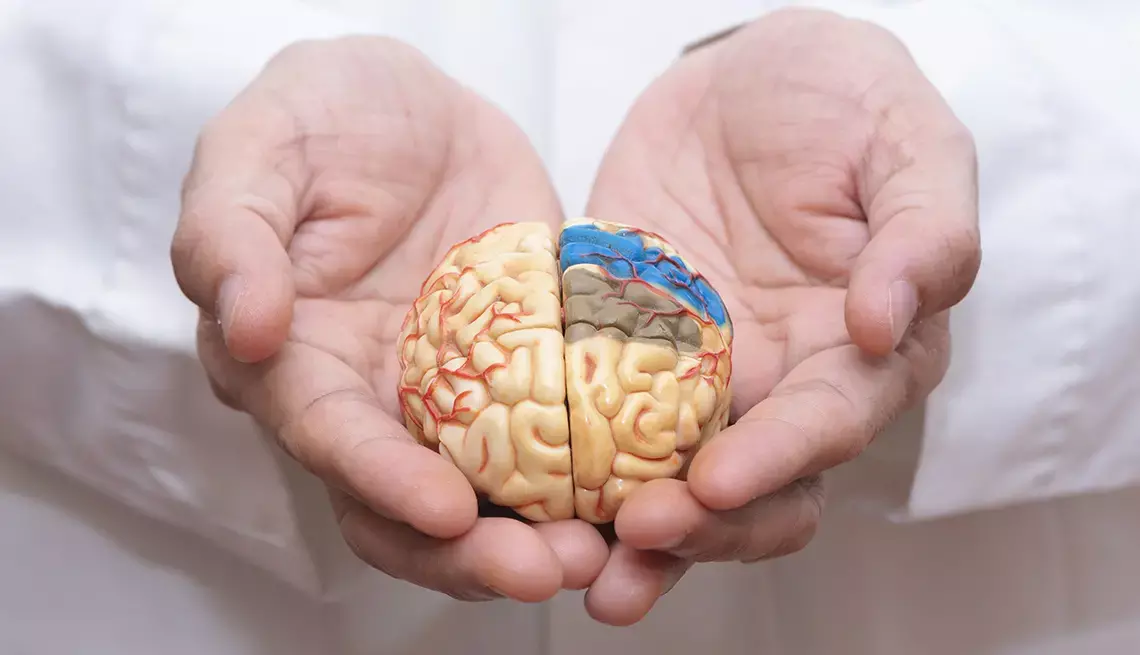- Home
- Medical news & Guidelines
- Anesthesiology
- Cardiology and CTVS
- Critical Care
- Dentistry
- Dermatology
- Diabetes and Endocrinology
- ENT
- Gastroenterology
- Medicine
- Nephrology
- Neurology
- Obstretics-Gynaecology
- Oncology
- Ophthalmology
- Orthopaedics
- Pediatrics-Neonatology
- Psychiatry
- Pulmonology
- Radiology
- Surgery
- Urology
- Laboratory Medicine
- Diet
- Nursing
- Paramedical
- Physiotherapy
- Health news
- Fact Check
- Bone Health Fact Check
- Brain Health Fact Check
- Cancer Related Fact Check
- Child Care Fact Check
- Dental and oral health fact check
- Diabetes and metabolic health fact check
- Diet and Nutrition Fact Check
- Eye and ENT Care Fact Check
- Fitness fact check
- Gut health fact check
- Heart health fact check
- Kidney health fact check
- Medical education fact check
- Men's health fact check
- Respiratory fact check
- Skin and hair care fact check
- Vaccine and Immunization fact check
- Women's health fact check
- AYUSH
- State News
- Andaman and Nicobar Islands
- Andhra Pradesh
- Arunachal Pradesh
- Assam
- Bihar
- Chandigarh
- Chattisgarh
- Dadra and Nagar Haveli
- Daman and Diu
- Delhi
- Goa
- Gujarat
- Haryana
- Himachal Pradesh
- Jammu & Kashmir
- Jharkhand
- Karnataka
- Kerala
- Ladakh
- Lakshadweep
- Madhya Pradesh
- Maharashtra
- Manipur
- Meghalaya
- Mizoram
- Nagaland
- Odisha
- Puducherry
- Punjab
- Rajasthan
- Sikkim
- Tamil Nadu
- Telangana
- Tripura
- Uttar Pradesh
- Uttrakhand
- West Bengal
- Medical Education
- Industry
Stroke Recurrence & Severity Increases Risk of Dementia: ARIC Study

Strokes and their sequelae can have severe and debilitating impacts on an individual's cognition and ability to function independently, particularly in older adults. A recent study suggests that the risk of dementia raises with ischemic stroke recurrence and severity. The study findings were published in the JAMA Neurology on January 24, 2022.
Previous studies have shown that ischemic stroke is associated with an increased risk of dementia. However, the association of stroke severity and recurrence with the risk of impaired cognition is not well known. Therefore, Dr Silvia Koton and her team conducted a study to examine the risk of dementia after incident ischemic stroke and assess how it differed by stroke severity and recurrence.
The researchers included 15,379 patients from the ongoing Atherosclerosis Risk in Communities (ARIC) study who were free of stroke and dementia at baseline (1987 to 1989) with follow-up through December 2019. They assessed the link between dementia and ischemic stroke incidence, frequency, and severity, over a median follow-up of 25.5 years and a mean of 4.4 visits. The major outcome assessed was the incidence of dementia. However, for patients with stroke, dementia incidence in the first year after stroke was not counted.
Key findings of the study:
- Among 1,155 incident strokes identified in follow-up, the researchers classified severity by the National Institutes of Health Stroke Scale (NIHSS) as minor (NIHSS 5 or less, 62.8%); mild (NIHSS 6-10, 22.1%); moderate (NIHSS 11-15, 7.9%); or severe (NIHSS 16 or more, 7.1%).
- They observed 2,860 dementia cases, which included those with incident stroke diagnosed 1 year or more after the stroke, as well as dementia diagnosed any time after baseline in those without stroke.
- Upon analysis, they found that the risk of dementia increased with both the number and severity of strokes. Also, the risk was correlated with stroke severity and the number of stroke events in a dose-dependent manner.
- Compared with no stroke, they noted that the risk of dementia by adjusted hazard ratio was 1.76 for 1 minor to mild stroke, 3.47 for 1 moderate to severe stroke, 3.48 for 2 or more minor to mild strokes, and 6.68 for 2 or more moderate to severe strokes.
The authors concluded, " In this study, risk of dementia significantly increased after ischemic stroke, independent of vascular risk factors. Results suggest a dose-response association of stroke severity and recurrence with risk of dementia."
For further information:
DOI:10.1001/jamaneurol.2021.5080.
Medical Dialogues Bureau consists of a team of passionate medical/scientific writers, led by doctors and healthcare researchers. Our team efforts to bring you updated and timely news about the important happenings of the medical and healthcare sector. Our editorial team can be reached at editorial@medicaldialogues.in.
Dr Kamal Kant Kohli-MBBS, DTCD- a chest specialist with more than 30 years of practice and a flair for writing clinical articles, Dr Kamal Kant Kohli joined Medical Dialogues as a Chief Editor of Medical News. Besides writing articles, as an editor, he proofreads and verifies all the medical content published on Medical Dialogues including those coming from journals, studies,medical conferences,guidelines etc. Email: drkohli@medicaldialogues.in. Contact no. 011-43720751


